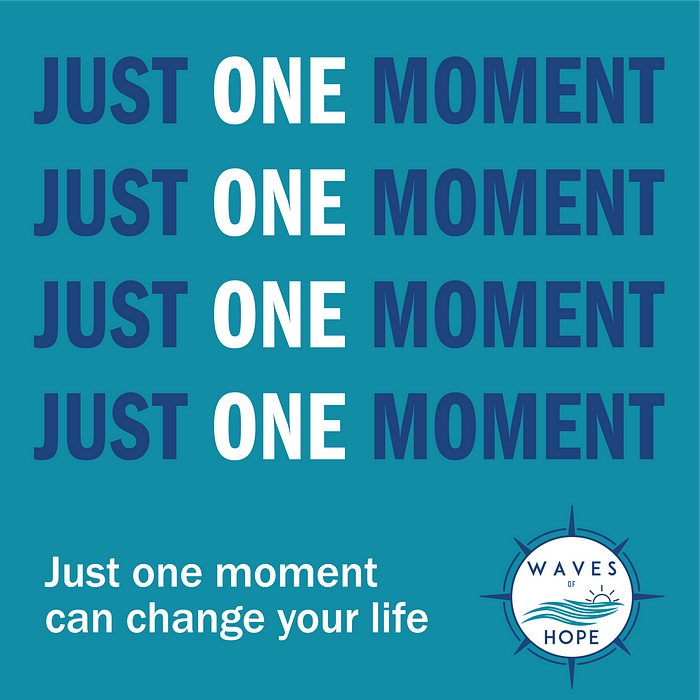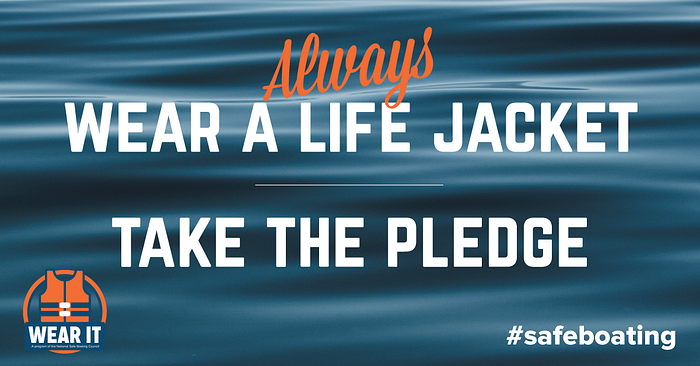Protecting Lives on the Water: Prosecutors and Boating Safety Advocacy
Boating Safety: A Critical Mission for Prosecutors
From Shore to Courtroom: Why Boating Safety Is a Prosecutorial Priority
By: The National Traffic Law Center at the National District Attorney’s Association
As summer approaches, millions flock to lakes, rivers, and coastal waters to indulge in the beloved pastime of boating. However, a fun and relaxing day on the water can lead to tragic consequences if proper safety precautions aren’t followed.
National Safe Boating Week, observed annually in May, serves as a crucial reminder of the importance of boating safety and the significant role prosecutors play in enforcing laws to protect our communities.

Boating is immensely popular in the United States, with over 100 million Americans participating every year. Unfortunately, the U.S. Coast Guard’s 2022 Recreational Boating Statistics reveal a stark reality: 4,168 boating crashes occurred, resulting in 613 deaths, 2,559 injuries, and approximately $55 million in property damage.
Alarmingly, alcohol was identified as the leading known contributing factor in fatal boating crashes, accounting for 23% of deaths.
These grim numbers underscore the pressing need for heightened awareness, adherence to safety practices, and a concerted effort to combat boating under the influence (BUI).

Prosecutors: Guardians of Waterway Safety
Prosecutors are at the forefront of upholding boating laws and ensuring the safety of our waterways. Their role extends far beyond the courtroom, encompassing public education, advocacy, and collaboration with law enforcement agencies. By prosecuting Boating Under the Influence, reckless operation, and failure to adhere to safety regulations, they deter unsafe behaviors and reinforce the gravity of following the law.
Prosecutors also play a vital role in supporting victims of boating crashes, providing them with justice and compassion, underscoring the human impact of these tragedies. Through community outreach and participation in awareness campaigns, they educate the public about the legal consequences of unsafe boating and the significance of practicing safety on the water.

Charting a Course for Safe Boating
While prosecutors safeguard public safety, there are also key steps every boater should take to protect themselves and others on the water:
· Wear a Life Jacket: The U.S. Coast Guard reports that drowning was the cause of death in 79% of all boating fatalities, and 86% of those who drowned were not wearing life jackets.
· NEVER operate a boat under the influence of alcohol or drugs: Alcohol and drugs impair judgment and reaction times. Operating a boat under the influence is dangerous and illegal. Help spread the message to stay sober while boating to prevent crashes and save lives.
· Take a Boating Safety Course: Education is essential for safe boating. Boating safety courses provide the skills and knowledge needed to navigate waters safely.
· Emphasize Weather Awareness: Weather conditions can change rapidly. Always check the forecast before heading out and be prepared to return to shore if conditions worsen.
· Know the Navigation Rules: Just like driving, there are rules for navigating waterways. Boaters must familiarize themselves with these rules — before heading out on the water — to avoid collisions and ensure safe passage.
As we embark on another boating season, let’s collectively prioritize safety and protect our waterways. The collaborative efforts of prosecutors, law enforcement, and the community can significantly reduce crashes, save lives, and preserve the joys of boating for all. By understanding the importance of boating safety and taking proactive steps, we can navigate the waters of public protection and ensure our waterways remain enjoyable and secure for generations to come.

This article is published by the National District Attorney’s Association’s National Traffic Law Center (NTLC). The NTLC is a resource designed to benefit prosecutors, judges, law enforcement officers, and others in the justice system. The mission of the NTLC is to improve the quality of justice in traffic safety adjudications by increasing the awareness of safety issues through the compilation, creation, and dissemination of legal and technical information, and by providing training and reference services.